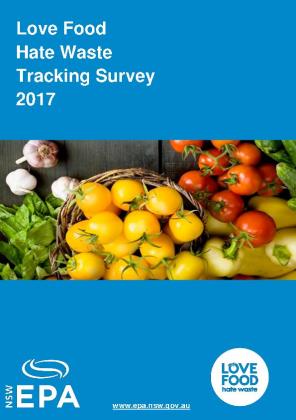For food relief organisations
Not-for-profits can apply for organics infrastructure grants (Stream 3), administered by the Environmental Trust, for infrastructure to help them collect and store more donated food.
A new EPA Food Donation Education program is also available to not-for-profits organisations and Councils to support efforts in engaging new donors, and assisting food rescue activities to increase volume of surplus food being redistributed to people in need.
For businesses donating food
When you donate surplus food instead of discarding it, this benefits your business, the community and the environment.
Food that can be donated
- leftover unused portions not served to customers or clients, such as café sandwiches or salads
- excess food at markets or supermarkets
- farm-grown food that does not meet supermarkets' size or cosmetic criteria
- damaged or incorrectly packaged food from food manufacturers
- food past its 'best before' date, provided it is not damaged, deteriorated or perished, or past a 'use by' date
The law on donating food
The Civil Liability Amendment (Food Donations) Act 2005, known as the Good Samaritan Act, protects food donors by limiting the liability of individuals and businesses that donate food, providing they meet certain food safety conditions.
According to NSW Food Authority advice, food donors must ensure
- the food is donated in good faith for a charitable or benevolent purpose
- the food is donated with the intention that the receiver of food does not have to pay for the food
- the food is safe to eat when it leaves the possession or control of the donor
- the donor gives the charity any information it needs to ensure the ongoing safety of the food.


